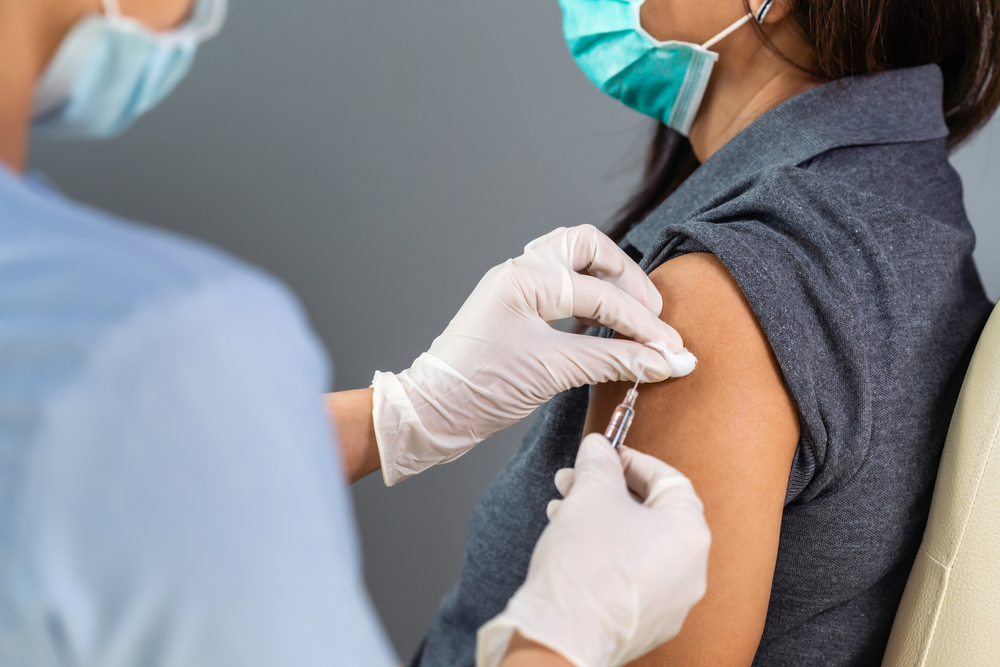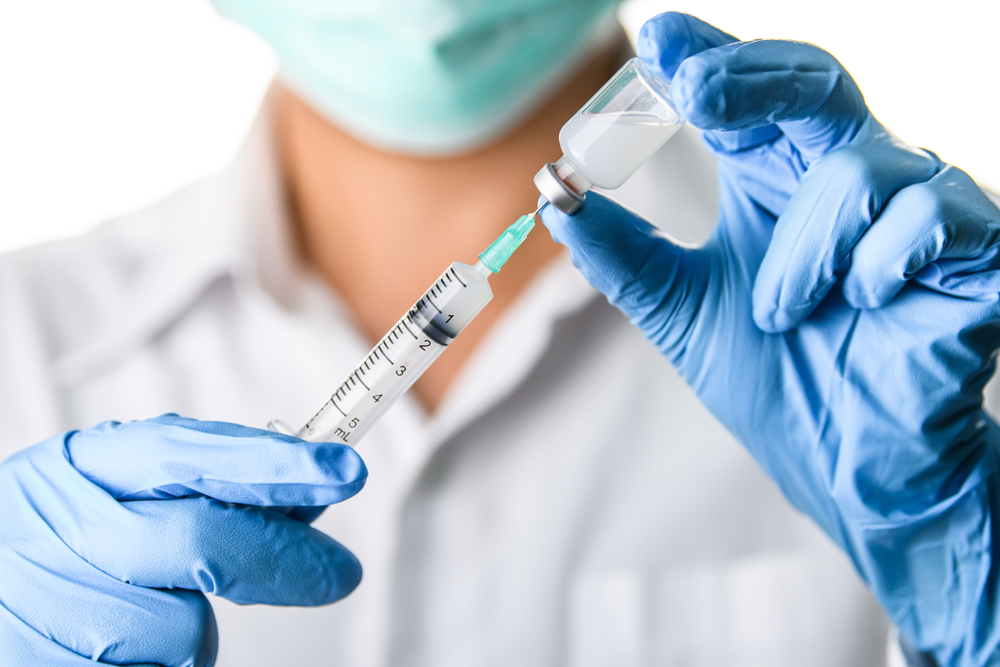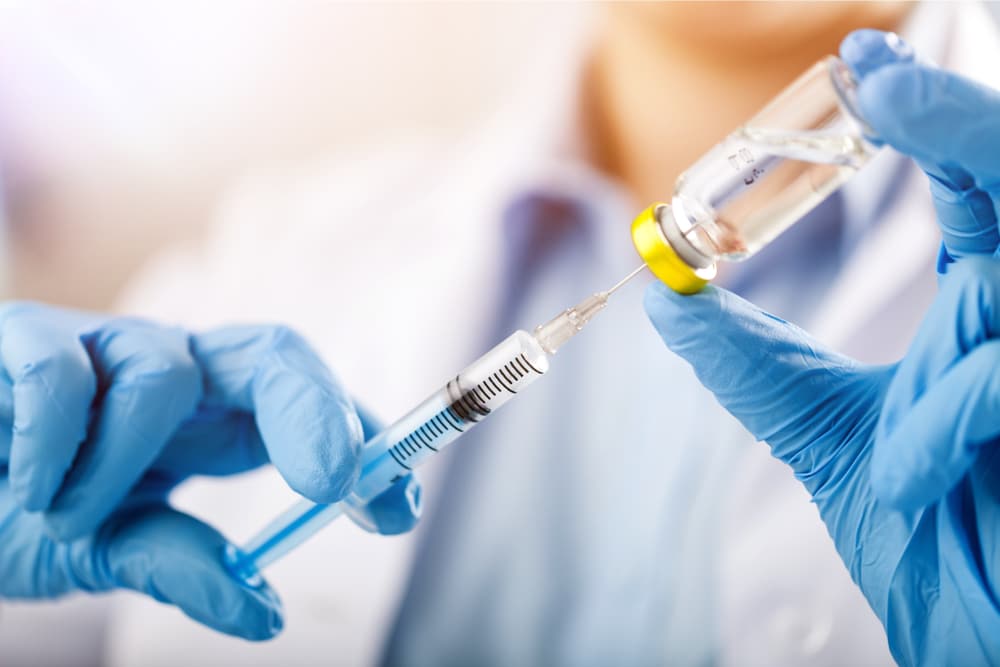Now that COVID-19 vaccines are becoming more available, you may have questions about getting a vaccine for you or members of your family. Since COVID-19 is a virus that is still somewhat new to the medical community, there are things worth considering. While vaccinations are designed to protect you from contracting the virus, it’s important to know what side effects of the COVID-19 vaccine you may have to deal with.
One important note: while vaccines are becoming increasingly available, we shouldn’t stop taking precautions to control the virus’s spread. The Centers for Disease Control and Prevention (CDC) has continued to recommend that you wear a mask to cover your nose and mouth, wash your hands regularly, and avoid crowded areas.
Now, let’s find out what to expect when getting a vaccine for this infectious disease.
Types of COVID-19 Vaccines
Currently, there are three different types of COVID-19 vaccines that are available to the public. The first two vaccines, Pfizer-BioNTech and Moderna, require two doses to be given a few weeks apart. For Pfizer, one should have a second shot three weeks after the first one, while Moderna’s second shot should be four weeks after the first dose. Approved at the end of February 2021, the Johnson & Johnson vaccine is only one shot.
Setting Your Appointment
Before getting the COVID-19 vaccine, find out if the vaccination is recommended for you at the moment. For instance, if you already had a vaccine for other diseases like shingles or flu, you will have to wait for another 14 days to get the COVID-19 vaccine. After getting vaccinated, you will still have to wait for 14 days to receive a different vaccine.
To set a vaccine appointment, you will have to join a waiting list to wait your turn. Contact our office for more information on setting an appointment at PHC.
Getting the Vaccine
Here’s what to expect when you arrive at the clinic for your vaccination.
- Standard COVID-19 precautions – When you get the vaccine, there are still health precautions in place to protect you and the doctors in the office. Be sure to wear a mask that covers your nose and mouth and keep a safe distance from others. When you get the vaccine, you and your healthcare worker will both need to wear masks that cover your nose and mouth.
- Vaccination card – After your full vaccination, you will receive a card that gives you an overview of which vaccine you received, the data of the vaccination, and where you received it. Be sure to store this information somewhere safe in case you need it in the future.
- On-site monitoring – Be prepared to stay 15-30 minutes after your vaccination for our doctors to monitor your reaction
Common Side Effects
A vaccine is designed to boost your immune response to the virus in question. With that being said, any COVID-19 vaccination side effects are a clear indication that your body is building the protection it needs. Common side effects include pain and swelling on the arm where you got the shot. You may also experience chills, headache, tiredness, and fever throughout the body. Thankfully, any side effects typically go away after a few days.
More recently, Moderna has been known to cause Bell’s Palsy. With that being said, if you have experienced this in the past, it’s important to be aware of the risk and ask for an alternative vaccine. If you have other extreme allergic reactions such as anaphylaxis, it’s important to call 911 for immediate assistance.
Other COVID-19 Vaccine Questions
We’re committed to providing the most up-to-date information for you and your family as you navigate getting a vaccine. Here are the most common questions people are asking about the COVID-19 vaccine.
Can I get the second dose of COVID-19 from a different manufacturer?
No. COVID-19 vaccines aren’t interchangeable because each gets manufactured differently. Once you get one type of vaccine, you will receive the same type or brand for the second dose.
When will the COVID-19 vaccine start being effective in my body?
The vaccine won’t work immediately after the first shot. You will have to wait up to 14 days after the second shot to build protection against the COVID-19 infection.
Do I need a COVID-19 vaccine if I had already contracted the virus?
Yes. Since COVID-19 reinfection is possible, the Centers for Disease Control and Prevention recommends that you get the vaccine even after getting infected with the virus before.
Can I get the COVID-19 vaccine if I have allergic reactions?
It depends. People with common allergens like certain foods, insects, drugs, and latex can still get the COVID-19 vaccine. If you suffer from severe allergic reactions, it’s important to consult your doctor first. He will assess the risks by observing you for 30 minutes instead of the usual 15 minutes after vaccination. If the allergic reaction to the first shot is too intense, you won’t get the second shot.
Talk to Your Doctor
Right now, there is a lot of different information being shared about the COVID-19 vaccines. At PHC, we want you to have the facts so that you can continue to keep yourself and your family safe. Continue practicing physical distancing, wear masks, and wash your hands to stop the virus spread.
For more information about the COVID-19 vaccine, contact our main office.




